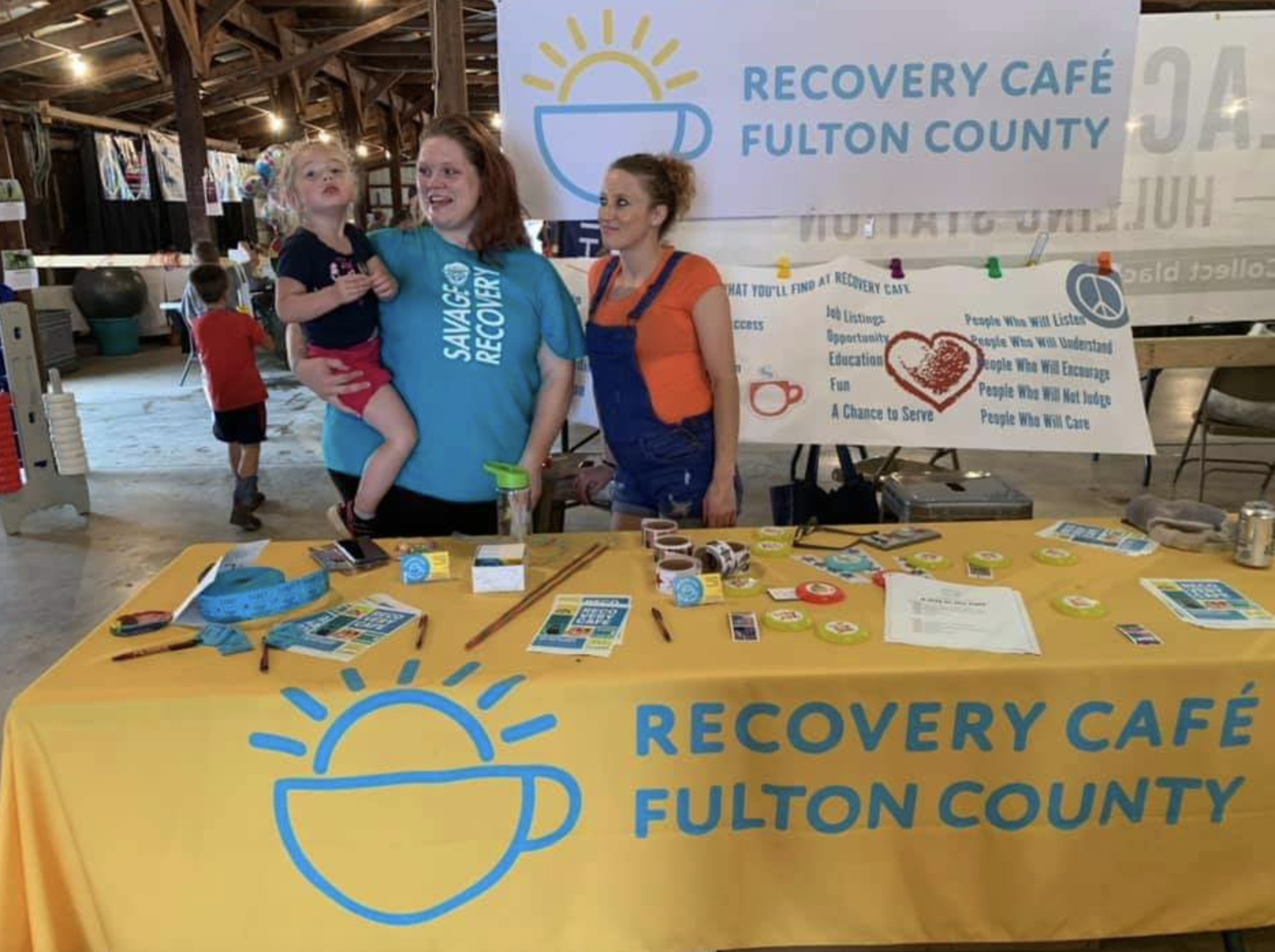Breaking Bread, Guiding Lives
Recovery Café Puts an Emphasis on Healing
Writer / Lois Tomaszewski
Photography Provided
When a person needs to talk through the challenges and life struggles they face, there is a place that feeds that need. Recovery Café is that place.
The nonprofit organization was founded in 2020 and has been open for a little more than a year. There are two paid staff members including Pat Brown, executive director, and Katie Coleman, cafe manager. Brown and Coleman also have the assistance of seven board members and six volunteers who assist 20 members.
There are also more than nine community partnerships formed with agencies and businesses in the Rochester area. Brown and Coleman estimate that more than 100 local people are involved with their program in some way, and that number increases 10 times when looking at the network.
We are an all-pathway provider, which means we are going to support you no matter what your personal decision may be, Coleman says. Everyone is welcome from every background and walk of life.
The Recovery Café is not a clinic. It offers peer support in guiding people towards the realization of what an individual needs to meet their life goals.
There are many reasons that this type of service is needed, according to Coleman and Brown. Mental health and substance-use issues are at high levels in many areas, and rates of arrests, consumption, incarceration, overdoses and deaths are high. Suicide prevention and mental health care is not supported in a manner equal to physical health, according to Coleman and Brown.
If you had a hip replacement after years of abusing your hip, you would see a medical doctor, then a specialist or surgeon, and they would work with therapists to create a plan of care, Brown explains. Now if you have bipolar disorder or an addiction, none of that exists. People dont fail rehab or treatment. The rehab and treatment systems fail people. Thats why we are here.
Help includes assisting the person in finding treatment providers, and assessing different programs and opportunities. Homelessness, depression, anxiety, loneliness, incarceration, abuse and addiction are just some of the situations that bring people into Recovery Café.
Our focus is the human being and their long-term health and happiness, Brown says.
At Recovery Cafe there are guiding principles that create the welcoming atmosphere that is critical to encouraging conversation and sharing. Anyone who comes in needs to feel safe and appreciated, Coleman says.
So many people experience stigma wherever they go, Coleman says. We work to be the antithesis of that. Acceptance, support and encouragement are our tools.
The program is centered around the concept of a meal bringing people together.
Humans gather around food, Coleman says. We are social around food. We congregate around food. Along with music, eating is one of the most pro-social activities anywhere. Mental health challenges, addictions, depression, anxiety and justice-involvement all destroy social supports. A nice meal with people in a supportive environment is, for many, an almost magical experience.
Recovery Café opens at 4 p.m. on Wednesdays and Thursdays. The first hour is devoted to coffee, snacks and conversation. This is followed by an hour of sharing in a group setting.
The meal begins at 7 p.m. and starts with five minutes of shared silence. Brown says this requirement is sometimes awkward for some, but it results in relaxation and calm. The last hour is a time for learning skills or being inspired by others.
On Saturdays, Recovery Cafe opens at 9 a.m. and children are welcome. The first half-hour is a social time. The cereal bar opens at 9:30 a.m. with a variety of offerings. At 11 a.m., adults gather for social time, and the final hour is devoted to sharing and discussing challenges in a support-group setting, without children.
The people who come to the cafe have an awareness of their problems, and sometimes a fear of their problems, Brown says. We have had members moved to tears simply because they were treated with kindness, included in conversations and encouraged by others.
Recovery Cafe is located at 715 Main Street in Rochester. For more information on the organization, visit recoverycafefultoncounty.org or find them on Facebook. Call 574-223-2233 to find out how to volunteer or donate.





